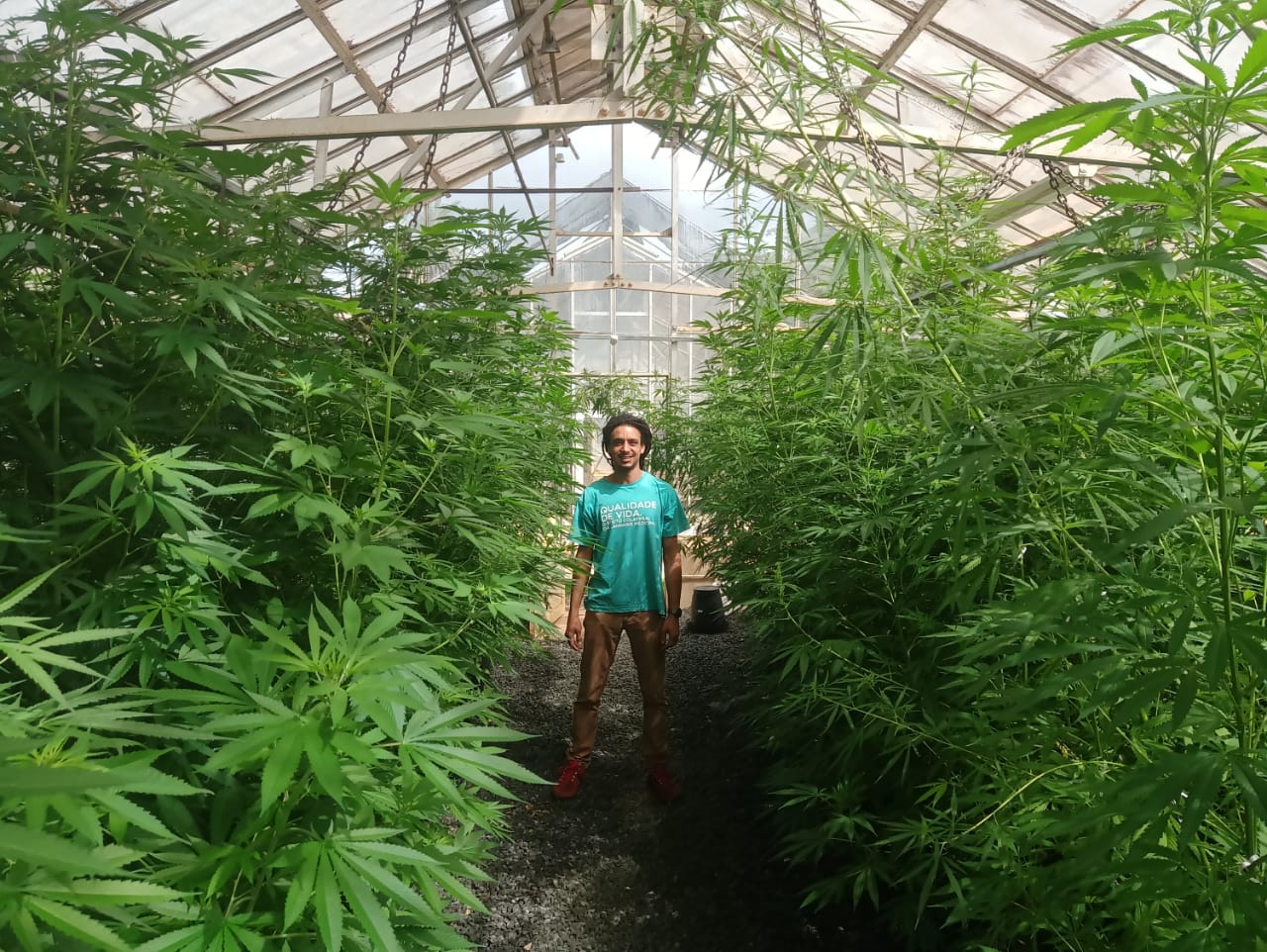ADWA Cannabis, a biotech startup incubated in the Federal University of Viçosa (UFV) in the state of Minas Gerais, hopes to register Brazil’s first genetically improved cannabis and hemp seeds with Brazil’s Agriculture Ministry. The former are used to extract essential oils for therapeutic purposes, while the latter are used for food and industrial ends.
But the road has been rocky so far, and the company had to resort to the justice system to ensure their right to research and cultivation, and now to be able to register their findings.
The startup evolved from undergraduate research in 2018 by agronomist Sérgio Barbosa Ferreira Rocha into Brazil’s potential for growing cannabis. At the time, large agribusiness powerhouses such as the U.S., Canada, and Israel already saw the species as a commodity while Brazil was at a snail’s pace, still discussing its medicinal use.
“There was no agronomic research looking at growing conditions and market potential, only old studies on chemical composition and the effects of the plant related to trafficking, some of them conducted by the Federal Police,” Mr. Rocha tells The Brazilian Report. He joined an entrepreneurship program at UFV, hoping to evolve his research into a business.
For his undergraduate thesis, Mr. Rocha aimed to select varieties of medicinal and industrial cannabis and study which would best adapt to Brazil. By then, national health regulator Anvisa had allowed the import of cannabidiol-derived products provided they were prescribed by a doctor to patients with specific ailments, such as chronic diseases or epilepsy. No such permission existed to cultivate the plant on Brazilian soil.
Therefore, Mr. Rocha had to take a step back and focus on data available on internationally known varieties to demonstrate Brazil’s potential for growing the plant. By 2020, he obtained authorization to import and test varieties in Brazil, first in his own...


 Search
Search






































